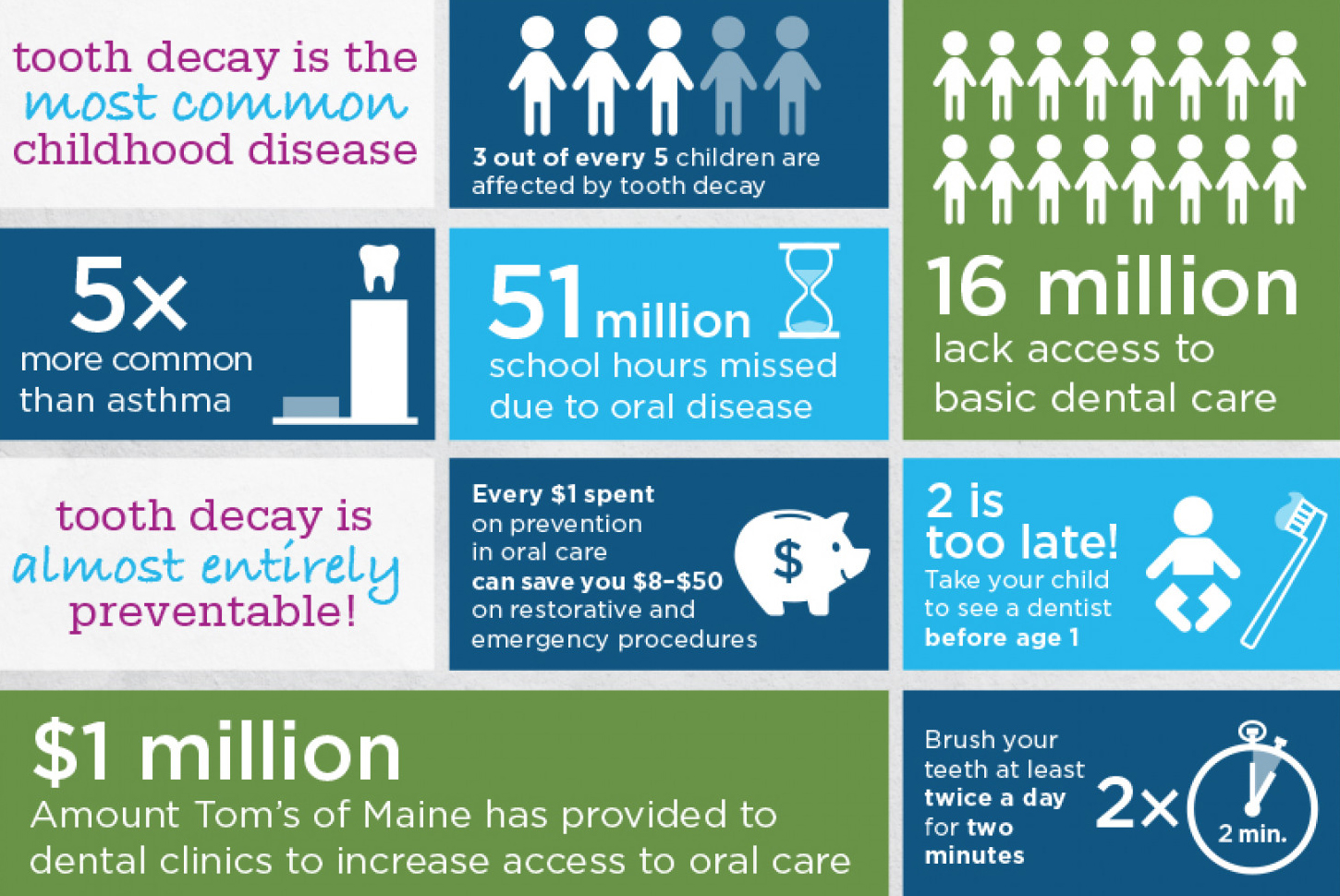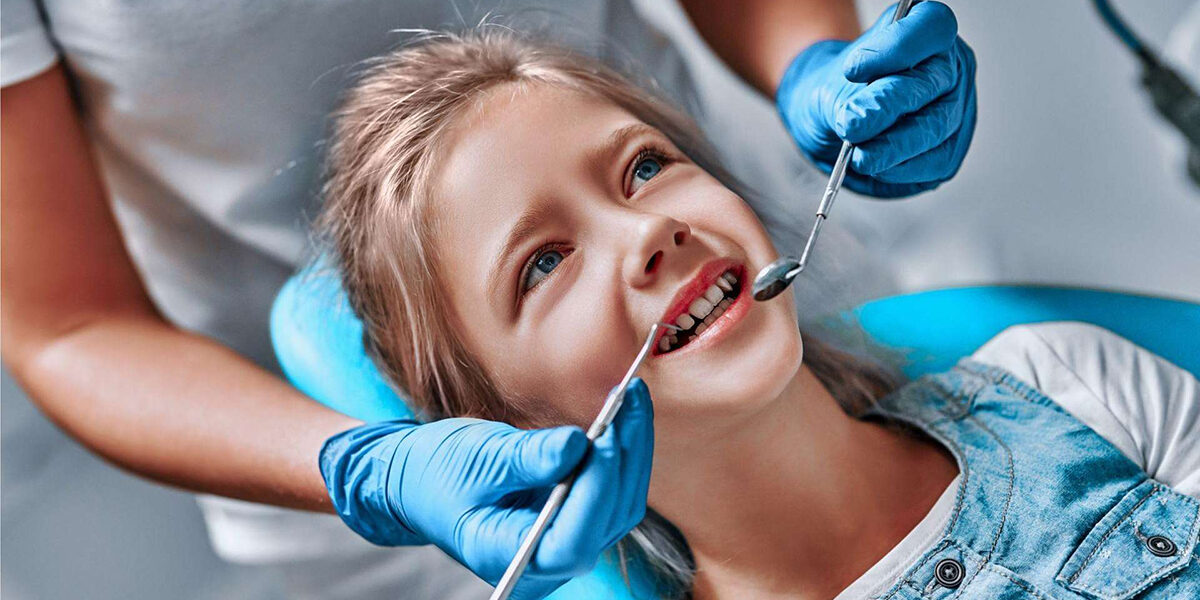3 important points about Dental Health in Children
We all understand the importance of ensuring the overall health and longevity of our children’s smiles.
With that being said, it is imperative that you strive to ensure that brushing and flossing are part of their normal daily routine. Additionally, it’s important to offer healthier snacks, as opposed to snacks that are full of sugars and starches.\
While all of the aforementioned is standard, we still wonder if you know everything there is about keeping your little one’s teeth and gums as healthy as possible.
Let’s discuss 3 facts about your child’s dental health that will all of the difference as you aid them in caring for their pearly whites throughout the duration of their childhood.
Caring for Baby Teeth is Essential
While your child’s baby teeth will indeed fall out one day, it is still necessary that they remain firmly in place until that time.
Why is that? The primary structures serve as a foundation and blueprint for their incoming adult teeth.
When the time is right, they will fall out, thus allowing permanent ones to erupt in their place. If your child’s baby teeth become decayed or damaged, it can negatively impact their future smile; furthermore, it can cause misalignment problems if they fall out too early.
Regular brushing and flossing are key to keeping these primary teeth healthy and long-lasting.

You Can Give Your Child Cavities
It may be hard to believe, but a mother can pass bad bacteria on to her child.
According to a study published in Pediatric Dentistry entitled, “Association of Mutans Streptococci Between Caregivers and Their Children,” the main contributor to tooth decay (Mutans Streptococci) is that it can be transmitted from the caregiver to the child through various forms.
If you take all matters into account, mothers often share utensils with their babies, kiss them, and frequently blow on their food to cool it down.
While indirectly, all of the aforementioned can lead to dental issues. For this reason, it is recommended that women who care for young children maintain optimal oral hygiene.
Cavities Can be Prevented
Making your children brushing their teeth and limiting sugar intake are both great ways to minimize cavities.
It is important, however, to speak with your child’s pediatric dentist about additional ways to prevent cavities.
With regular fluoride treatments, it is possible to reverse the early signs of tooth decay.
The natural mineral helps to combat bad bacteria that causes cavities; at the same time, it strengthens tooth enamel.
Conclusion
Now that you have hopefully learned a little more about your child’s dental health, it is time to ensure that you’re doing everything you can to safeguard their smile.
Do not be afraid to speak with their pediatric dentist about different ways to keep their teeth and gums in check as they develop.







